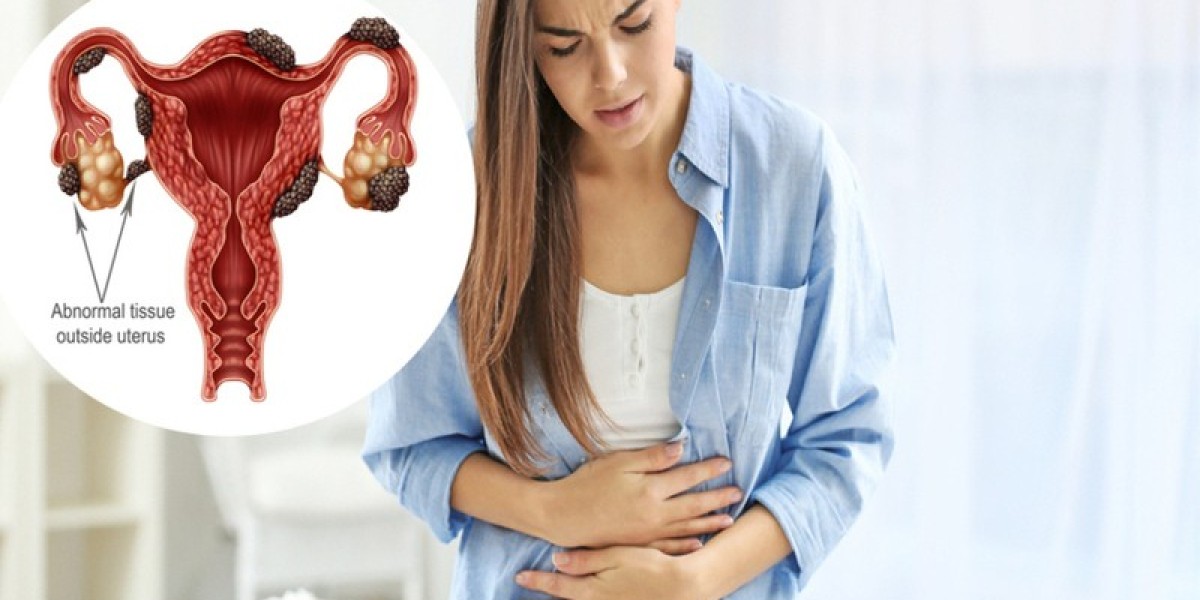Endometriosis is a chronic medical condition that affects a woman’s ability to conceive. It occurs when tissue similar to the lining of the uterus (endometrium) grows outside the uterus, commonly on the ovaries, fallopian tubes, and other pelvic organs.
Dr. Chaitali Mahajan Trivedi is a gynaecologist renowned for endometriosis treatment in Mumbai. At Nanavati Super Speciality Hospital she addresses various conditions including female infertility caused by endometriosis. By taking reference regarding infertility from her, this blog is going to delve into endometriosis and its profound impact on fertility.
Impact of Endometriosis on Fertility
- Distorted Anatomy:
Due to adhesion formation brought on by endometriosis, the ovaries, fallopian tubes, and uterus may become misaligned or obstructed. The usual process of ovulation and the movement of eggs into the fallopian tubes for fertilization may be affected by this.
- Hormonal Imbalances:
Endometriosis can cause hormonal imbalances, such as higher amounts of estrogen, which may exacerbate reproductive issues. Abnormal tissue growth is a symptom of endometriosis.
- Reduced Egg Quality:
Because of the inflammatory environment that endometriosis causes, the condition can have a negative impact on egg quality. The growth of the embryo and fertilization can be complicated by poor egg quality.
- Inflammation and Immune Response:
An unfavorable environment for conception and the implantation of a fertilized embryo can be produced by the presence of endometriosis lesions due to inflammation and immune response.
- Higher Chance of Ectopic Pregnancy:
Women with endometriosis have a higher chance of developing ectopic pregnancies, in which a fertilized egg implants outside the uterus, typically in the fallopian tubes. Ectopic pregnancy is not a viable condition, and if left untreated, it can be fatal.
Management and Treatment:
There are several management and treatment options for endometriosis, despite the fact that it can significantly hinder fertility:
- Pain Management: Reducing endometriosis-related pain and suffering can enhance a woman's overall quality of life.
- Hormonal Treatment: Hormonal treatments, like oral contraceptives, progestins, and GnRH agonists, may help slow the growth of endometriosis and relieve symptoms.
- Surgical Intervention: Surgery is frequently used to remove endometrial lesions, scar tissue, and adhesions in order to potentially enhance reproductive prospects.
- Assisted Reproductive Technology (ART): For women with severe endometriosis and infertility issues, ART such as in vitro fertilization (IVF) may be an option to consider. With IVF, eggs are removed, fertilized with sperm in a lab, and the resulting embryos are then placed in the uterus.
Conclusion:
A woman's journey toward becoming a mother can be substantially impacted by endometriosis. It is critical for affected women and their gynaecologist to comprehend the relationship between endometriosis and fertility. For women with endometriosis who are attempting to get pregnant, an early diagnosis, effective care, and individualized treatment techniques can provide encouragement and hope. To get detailed information, schedule a consultation with Dr. Chaitali Mahajan Trivedi, top gynaecologist in Mumbai at Nanavati Super Speciality Hospital.








